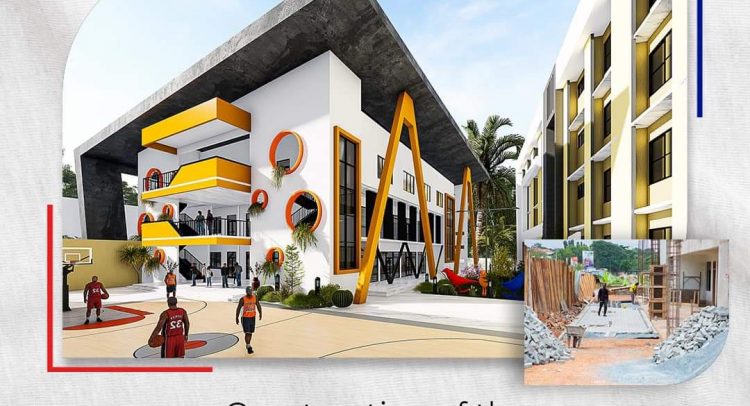The government has commissioned over 80 educational projects across all 16 regions of Ghana, aimed at improving access to quality education and providing modern facilities to meet the diverse needs of students.
Education Minister Dr. Yaw Osei Adutwum officiated the inauguration ceremony, which was broadcast live on major television networks and social media platforms to ensure broad public engagement. The projects encompass various levels of education, including basic schools, senior high schools, and technical institutions.
Highlights include the establishment of STEM-focused schools, E-blocks, and kindergarten facilities designed to enhance early childhood education.
Speaking at the event, Dr. Adutwum reaffirmed the government’s commitment to transforming the education sector and creating a conducive learning environment for Ghanaian students. Notable among the projects are the Kpasenkpe Model STEM SHS in the West Mamprusi District, the Accra STEM Academy in La-Nkwantanang-Madina, and the Awaso Model STEM SHS in Bibiani-Anhwiaso-Bekwai.
Basic education facilities, such as a 12-unit classroom block at Salem D/A Basic in Atwima Mponua and two-unit kindergarten blocks in communities like Fremasi DA Primary in Assin South, are also part of the initiative.
The Ashanti Region stands out with several projects, including the Bosomtwe Model STEM JHS, which boasts a four-story, 11-unit classroom block, and the Wesley Girls Demonstration School in Kumasi Metro, which will gain a six-unit classroom block with ancillary facilities.
In the Northern Region, the Sagnarigu Tamale Business School will unveil an 18-unit classroom block to meet increasing demand. Other regions, such as Volta, will benefit from upgraded facilities like the six-unit classroom block at Kodzobi Ando Basic School in Adaklu, complete with modern sanitation facilities.
The initiative also includes Technical and Vocational Education (TVET) with projects like the Anyinam TVET-Applied Technical and Fashion School and the Akomadan TVET-Applied Technical School, aimed at equipping students with practical skills for the job market.
The Minister described the improvements in infrastructure as a cornerstone of the NPP’s vision for national development, noting that these efforts are vital for creating equitable and effective learning environments.
“We cannot educate 21st-century students in 19th-century buildings and expect 21st-century outcomes, it is not going to work and you can see pictures of children who are excited about what change means here today,” he said

